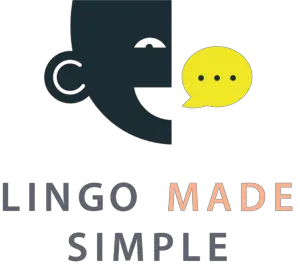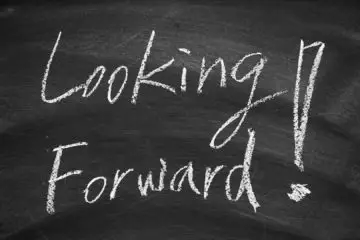Have you ever heard someone say that the “grass is greener on the other side?” What about how you “jumped from the frying pan into the fire?” When it starts raining hard outside, someone might tell you that it began to “pour cats and dogs.” What do these sayings have […]
Recent Posts
As Per Your Request: Meanings and Examples
In the movie The Princess Bride, the mysterious man the female lead loves always says, “As you wish.” It is an expression used in the film and real-life that conveys that they can have or do whatever they want. When you watch the movie, the expressions on the performer’s faces […]
“I’m Looking Forward to See You” or “I Am Looking Forward to Seeing You”
It probably feels good when a friend says, “I’m looking forward to see you.” When you haven’t spent time together in ages, the comment builds excitement and joy as the anticipation grows about spending time together. If your friend said, “I am looking forward to seeing you,” the same result […]
Sit IN a Chair vs. Sit ON a Chair
You would likely sit on a chair when you need to get some work done in your home office. Would it be the same to get some work done “on” your home office while sitting “in” a chair? Many people confuse the words “in” and “on” when speaking or writing […]
Top of the Morning to Yourself
If you speak to someone with an Irish background, they’ll tell you that no one they know has ever used the phrase, “Top of the morning.” It would be even more awkward to say, “Top of the morning to yourself.” That’s because using a reflexive pronoun in that situation would […]
Difference Between “I Don’t Know” and “I Do Not Know”
Each person expresses thoughts in unique ways. One option that the English language offers is called a contraction. A contraction means “to shorten.” You’re combining two or more words into one more straightforward expression. Approximately 90 regular contractions are currently part of the English language and about 50 double contractions […]
Have a Nice Weekend or Have a Nice Weekends?
When do we pluralize nouns in the English language? Although most singular nouns are made plural by adding an “s” at the end of the word, several different rules apply to complicate matters. Irregular nouns don’t follow the same rules, which means they require memorization or reference materials for when […]
Years’ or Year’s or Years – What’s the Difference?
One unique component of the English language is its use of apostrophes. You might call them the “commas of the sky.” When you use an apostrophe with a word, the goal is to create the communication of possession or make a contraction out of two or more words. That means […]
“Thanks for Sharing” or “Thanks for Share” Which Is Correct?
One of the unique aspects of the English language involves the difference between purpose and activity. Although the same root word is often used for both descriptions, it gets slightly modified to indicate to the listener or reader what happened during the exchange. When looking at the sharing vs. share […]
What Is the Difference Between “Man” and “Men”?
Gender is a grammatical term. It’s meant to describe a range of different characteristics that pertain to or differentiate between masculinity and femininity. Depending on the context used for these descriptions, options like “man” and “men:” are used to describe everything from sex-based social structures to biological sex. It is […]










